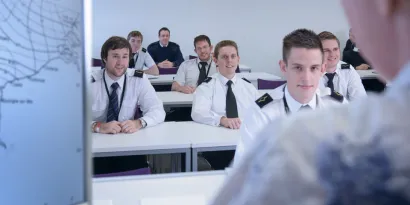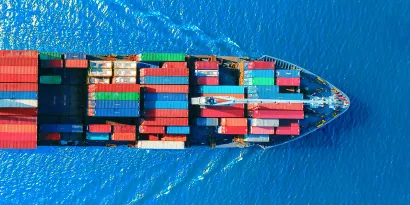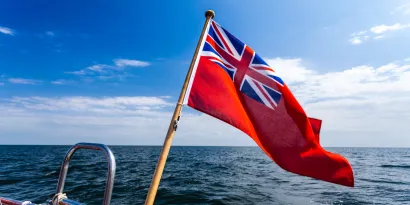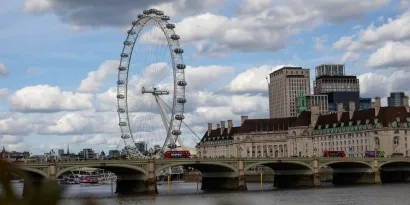
New criteria have been published by the Maritime and Coastguard Agency (MCA) this week to power-up seafarer training courses for the growing number of electric-propelled vessels.
The key benchmarks are the basis of what maritime training providers must teach seafarers about working on electric-propelled vessels, including important safety and technical knowledge.
The courses, which are not mandatory for seafarers, will have to meet these minimum learning requirements, among others, in order to be approved by the MCA before opening to trainees.
The criteria document is the result of close work between the MCA and training providers, businesses and industry bodies such as the Workboat Association. It has now been finalised after going out in September for four weeks of consultation.
MCA Chief Examiner Ajit Jacob said: “We are very proud to launch this new set of course criteria which will help the UK’s maritime skills keep pace with developing technology around the world.
“We will continue to work with industry and training providers to support the seafarers of today to be equipped for the jobs and vessels of the future.”
The criteria for electric-propulsion courses, known formally as the MCA Approved Electric Propulsion Course 1 (AEPC1) Guidance, are in two parts.
The first, for all crew, covers general topics such as safety and basic procedures, including fire-suppression arrangements.
The second, for technical crew, focuses on key elements such as battery management and control; and maintenance and repair.
Read the new course criteria here: https://www.gov.uk/government/publications/mca-approved-electric-propulsion-course-1-aepc1-guidelines
-
Share


